As pet parents, one of the most important responsibilities we 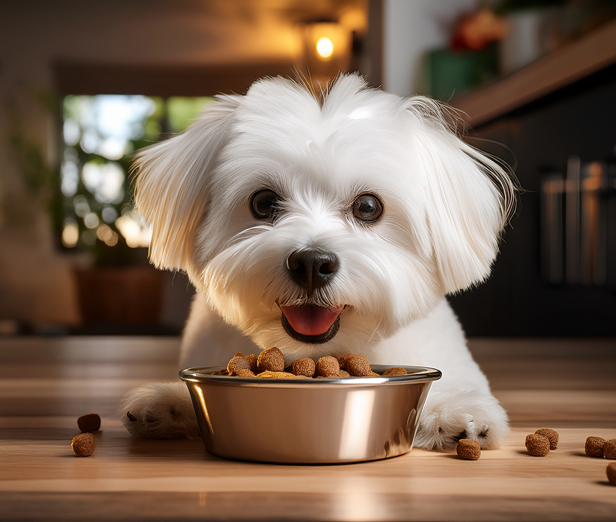 have is providing healthy meals that keep our companions strong, energetic, and happy. Choosing the right dog food, cat food, or other pet diet can feel overwhelming, especially with so many options available in stores and online. Whether you’re searching for healthy meals for dogs, nutritious cat food, or even balanced diets for rabbits, guinea pigs, or birds, the same principle applies: nutrition is the foundation of health.
have is providing healthy meals that keep our companions strong, energetic, and happy. Choosing the right dog food, cat food, or other pet diet can feel overwhelming, especially with so many options available in stores and online. Whether you’re searching for healthy meals for dogs, nutritious cat food, or even balanced diets for rabbits, guinea pigs, or birds, the same principle applies: nutrition is the foundation of health.
This guide will walk through what to look for when feeding dogs, cats, and other animals, and provide suggestions for safe, wholesome meals that support long, healthy lives.
Healthy Meals for Dogs
Dogs are omnivores, which means they thrive on a balance of proteins, carbohydrates, and fats. When choosing the best dog food or preparing homemade dog meals, here are a few key guidelines:
- Look for Quality Protein
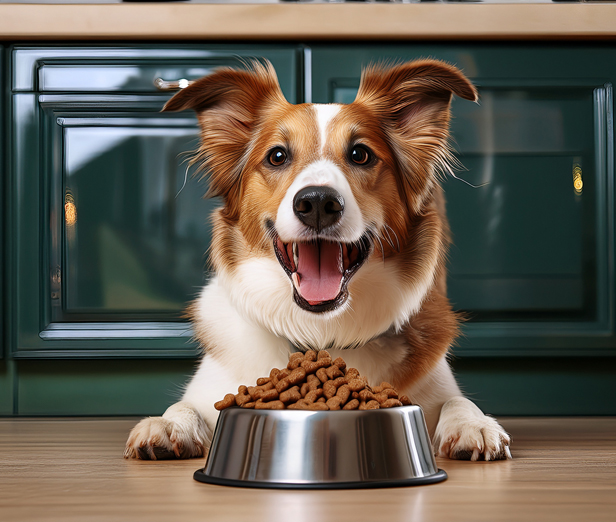
Protein is essential for muscle strength, energy, and coat health. Choose dog food with real meat like chicken, beef, lamb, or fish listed as the first ingredient. Dogs also benefit from eggs, turkey, or lean cuts of cooked meat in their diet.
- Include Healthy Carbohydrates
While dogs don’t need heavy grains, they can digest and benefit from small amounts of rice, oats, or sweet potatoes. These provide energy and help maintain stable blood sugar levels.
- Don’t Forget Fruits and Vegetables
Adding carrots, green beans, apples (without seeds), or blueberries can boost fiber, vitamins, and antioxidants. Fresh fruits and vegetables make excellent dog treats too.
- Watch Out for Harmful Ingredients
Avoid foods with artificial coloring, preservatives, and fillers. Steer clear of dangerous items like chocolate, onions, grapes, and xylitol, which can be toxic for dogs.
- Feeding Schedule
Most adult dogs do well with two balanced meals per day. Puppies often need three to four smaller meals until they grow.
Healthy Meals for Cats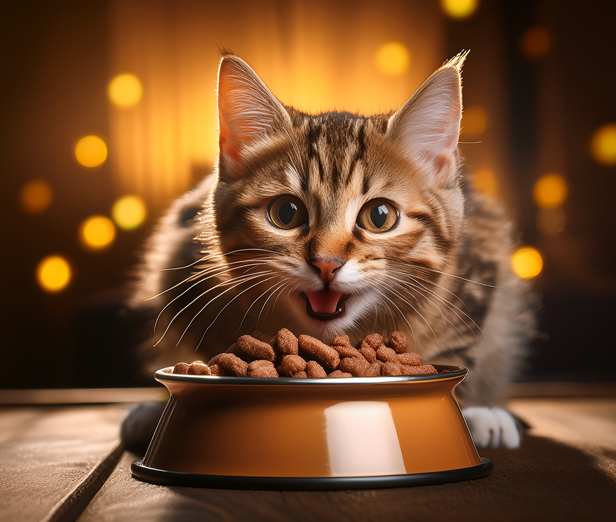
Cats are obligate carnivores, meaning they need a diet rich in animal protein to survive and thrive. Unlike dogs, cats cannot properly digest plant-based proteins. Here’s what to focus on when providing healthy cat food or homemade meals for cats:
- High-Quality Animal Protein
Choose cat food with chicken, turkey, fish, or beef as the main ingredient. Cats also benefit from organ meats like liver and heart, which provide taurine, an essential amino acid they cannot live without.
- Proper Hydration
Cats naturally drink less water than dogs, so adding wet food or lightly moistening kibble can help prevent dehydration. Wet food also supports urinary tract health.
- Limited Carbohydrates
Cats don’t need carbs in the same way dogs do. 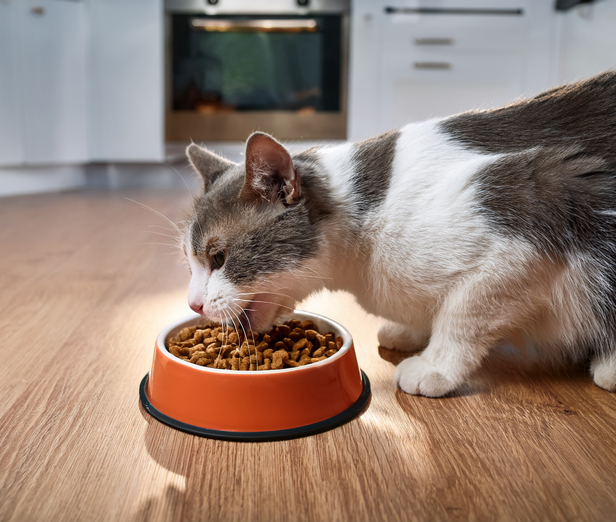 Avoid foods heavy in corn, wheat, or soy fillers. A low-carb cat diet is best for maintaining a healthy weight.
Avoid foods heavy in corn, wheat, or soy fillers. A low-carb cat diet is best for maintaining a healthy weight.
- Essential Fatty Acids
Omega-3 and Omega-6 fatty acids from fish oil or chicken fat support shiny coats and reduce inflammation.
- Feeding Routine
Most cats thrive with two meals per day, though some prefer smaller, more frequent feedings. Always provide fresh water alongside meals.
Healthy Meals for Rabbits
Rabbits need a diet very different from dogs and cats. Their meals should focus on fiber to keep digestion running smoothly.
- Hay should make up the majority of a rabbit’s diet, supporting both teeth and gut health.
- Fresh vegetables like romaine lettuce, kale, and parsley add vitamins.
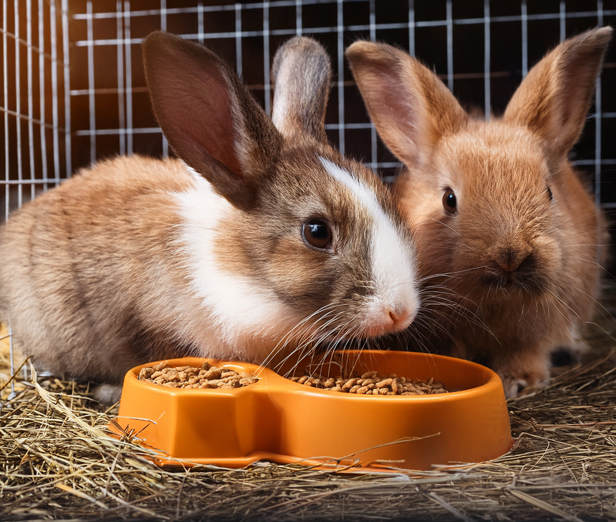
- Pellets formulated for rabbits can be added in small amounts for balanced nutrition.
- Avoid iceberg lettuce, too many carrots, or sugary fruits as they can upset digestion.
Feeding rabbits a balanced rabbit diet ensures strong teeth, healthy digestion, and a happy bunny.
Healthy Meals for Guinea Pigs
Guinea pigs, like rabbits, need fiber-rich meals, but they also require vitamin C in their diets since they cannot produce it naturally.
- Hay is a staple for digestion.
- Fresh vegetables such as bell peppers and leafy greens provide vitamin C.
- Pellets with added vitamin C are essential for daily nutrition.
- Limit sugary fruits and avoid iceberg lettuce.
A nutritious guinea pig meal plan helps prevent deficiencies and supports long life.
Healthy Meals for Birds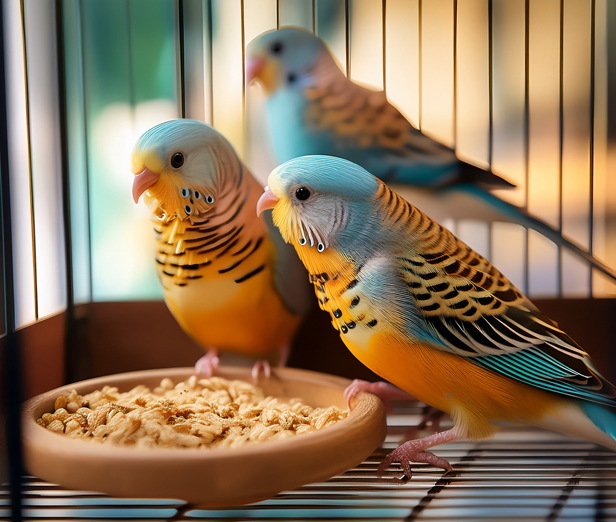
Birds vary by species, but in general, they thrive on a mix of seeds, pellets, fruits, and vegetables.
- Pellets designed for your bird species are balanced and should be the core of the diet.
- Fresh produce like apples, carrots, broccoli, and leafy greens provide variety.
- Seeds and nuts are best offered as treats, not main meals, since they can be too fatty.
Always research your specific bird species to provide the healthiest balance of foods.
Healthy Meals for Exotic Pets
Small mammals, reptiles, and other exotics each have unique nutritional needs. For example:
- Hamsters and gerbils thrive on commercial seed mixes and small amounts of fresh produce.
- Turtles need a mix of aquatic pellets, leafy greens, and occasional insects.
- Lizards like bearded dragons require leafy greens, vegetables, and insects such as crickets.
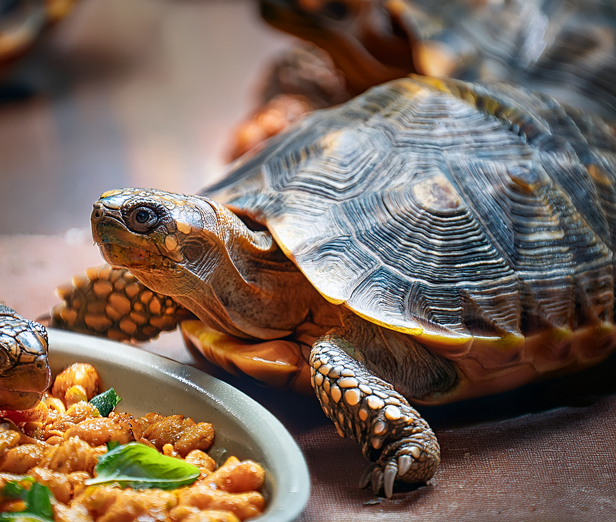
If you’re caring for an exotic pet, look up species-specific diets or consult a veterinarian to ensure meals meet nutritional needs.
Homemade Pet Food: When to Consider It
Some pet owners choose to prepare homemade dog food or homemade cat meals. While this can give you control over ingredients, it’s important to do it correctly. Pets need the right balance of protein, fat, vitamins, and minerals. A poorly planned diet can lead to deficiencies.
If making meals at home, consider:
- Lean meats like chicken, turkey, or beef
- Cooked vegetables like carrots, green beans, or peas (for dogs)
- Rice or oats for energy (for dogs)
- Taurine supplements for cats if not using organ meats
Always consult with a veterinarian before switching to a full homemade plan.
Treats and Snacks
Healthy meals also include healthy snacks. For dogs, carrots, apple slices, or peanut butter (xylitol-free) make great treats. Cats enjoy freeze-dried meats like chicken or salmon. Rabbits and guinea pigs can have small pieces of fruit occasionally, while birds love bits of fresh produce.
The key is moderation—treats should never make up more than 10% of your pet’s diet.
Final Thoughts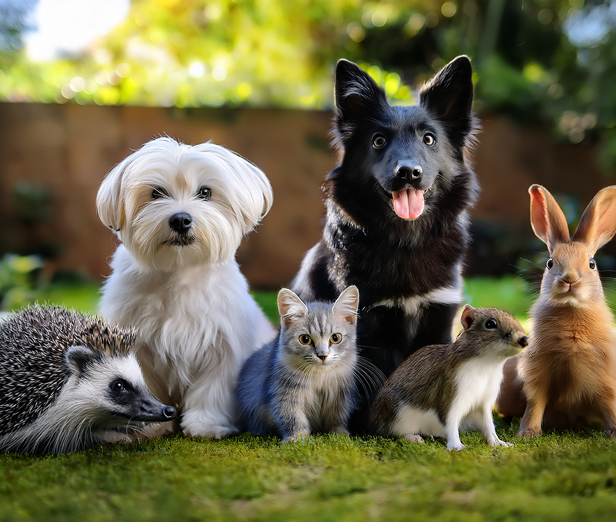
Whether you’re preparing healthy meals for dogs, finding the right cat nutrition plan, or choosing a balanced diet for rabbits, guinea pigs, or birds, the goal is the same: giving your pets the fuel they need to thrive. Each animal has unique dietary requirements, but with careful planning and attention, you can provide meals that support strong bodies, shiny coats, and long, joyful lives.
Remember, a healthy pet is a happy pet—and that starts with the bowl you place in front of them every day.


